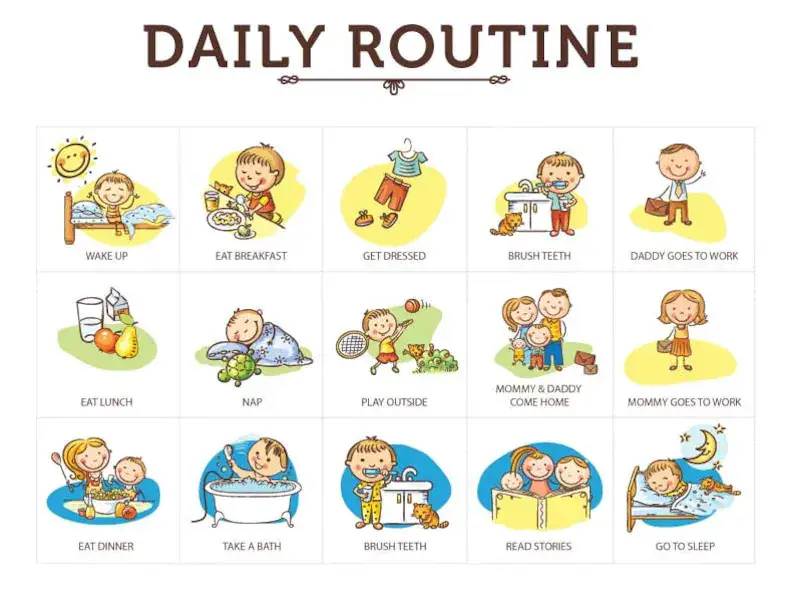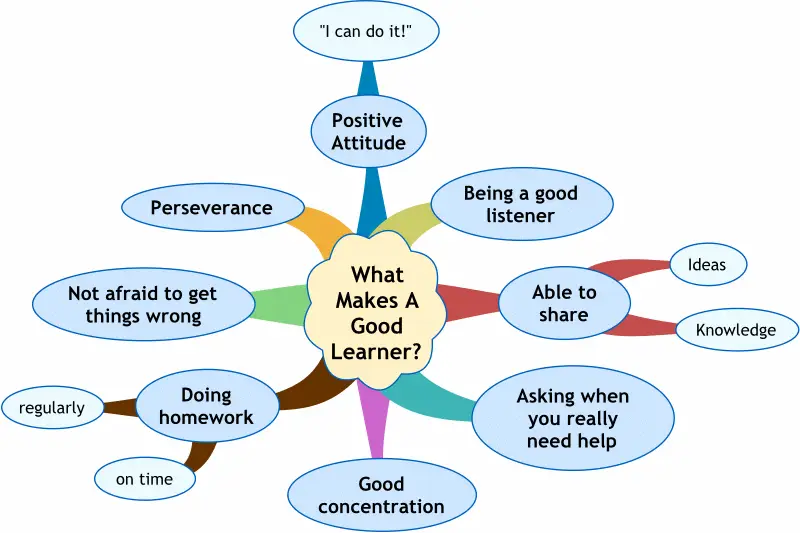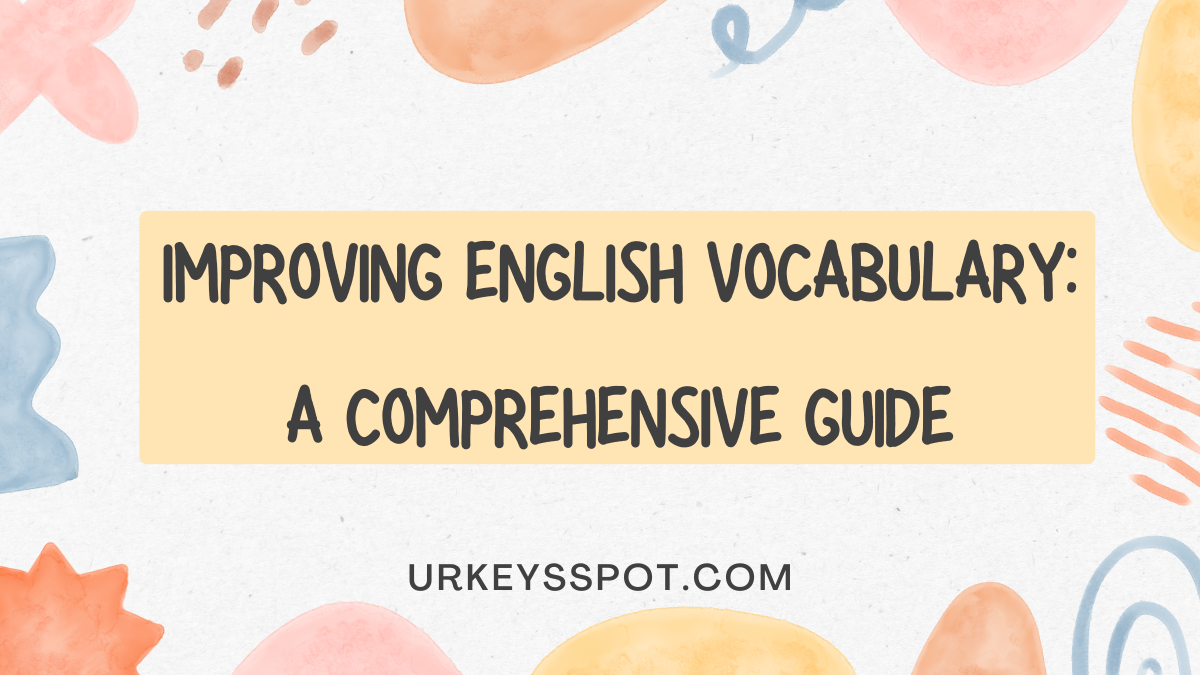Welcome to our guide on effective vocabulary expansion strategies. Whether you’re aiming to improve your language skills for academic, professional, or personal reasons, enhancing your vocabulary is crucial. In this article, we’ll explore proven methods to help you broaden your word knowledge and communicate more effectively.
Understanding Vocabulary Acquisition

Learning new words is not merely about memorization; it’s about understanding their usage in context. The process involves various methods, such as reading extensively, engaging in conversations, and leveraging mnemonic devices. Contextual learning fosters a deeper understanding and retention of vocabulary.
Effective Strategies for Vocabulary Expansion
Reading extensively:
Immersing yourself in diverse texts exposes you to a wide range of vocabulary. Choose materials that align with your interests and gradually challenge yourself with more complex content.
Utilizing flashcards and spaced repetition:
Flashcards are invaluable tools for reinforcing memory through spaced repetition. Platforms like Anki or Quizlet offer customizable flashcard decks tailored to your learning goals.
Engaging in conversations and writing regularly:
Actively using newly acquired words in conversations or writing assignments solidifies understanding and promotes retention. Practice incorporating vocabulary naturally into everyday communication.
Online Resources for Vocabulary Enhancement
The internet abounds with resources dedicated to vocabulary building. Websites like Vocabulary.com and Merriam-Webster offer interactive exercises and word quizzes. Mobile apps like Duolingo and Memrise provide gamified approaches to language learning, making it engaging and accessible.
Incorporating Vocabulary Enhancement in Daily Routine

Consistency is key to progress. Set aside dedicated time each day for vocabulary activities, whether it’s learning new words, reviewing flashcards, or practicing writing prompts. Integrate vocabulary building seamlessly into your routine to make steady strides.
Challenges and Solutions in Vocabulary Acquisition
Overcoming plateaus and setbacks:
Progress may plateau at times, leading to frustration. Experiment with different learning techniques, seek inspiration from diverse sources, and remain patient and persistent.
Seeking help from peers or tutors:
Don’t hesitate to seek guidance from peers, language exchange partners, or tutors. Collaborative learning environments provide valuable feedback and encouragement.
Using Vocabulary in Context

Mere memorization is insufficient; understanding how to use words in context is paramount. Practice constructing sentences and paragraphs using new vocabulary to grasp their nuances and applications accurately.
Measuring Progress and Celebrating Achievements
Track your vocabulary growth using tools like word counters or vocabulary journals. Celebrate milestones, whether it’s mastering a difficult word or effectively employing new vocabulary in a conversation or written piece.
Tips for Retaining and Recalling Vocabulary
Reviewing regularly:
Consistent review is essential for long-term retention. Schedule periodic reviews of previously learned words to reinforce memory.
Associating words with personal experiences or images:
Creating associations between words and personal experiences or vivid imagery aids in retention. Forming connections enhances recall and makes vocabulary acquisition more engaging.
Overcoming Common Obstacles in Vocabulary Building
Lack of motivation:
Maintain enthusiasm by setting achievable goals, rewarding progress, and exploring topics that genuinely interest you.
Difficulty in memorization:
Experiment with mnemonic techniques, visualization, and context-based learning to overcome challenges in memorization. Break down complex words into smaller, more digestible parts for easier recall.
Expanding Vocabulary in Specific Fields

Tailor your vocabulary enrichment efforts to specific domains, whether it’s learning technical jargon for a profession or acquiring specialized terminology related to hobbies or interests. Delve into subject-specific materials to deepen understanding and fluency.
Cultural and Contextual Considerations in Vocabulary Learning
Language is inherently tied to culture and context. Pay attention to idiomatic expressions, regional variations, and cultural nuances in vocabulary usage. Understanding cultural context enhances comprehension and facilitates effective communication.
Enhancing Vocabulary Through Multimedia

Explore diverse media sources, such as movies, TV shows, podcasts, and audiobooks, to expose yourself to authentic language usage. Contextual learning through multimedia enhances comprehension and enriches vocabulary in practical contexts.
Social Learning and Vocabulary Acquisition
Engage with fellow language learners through language exchange groups, online forums, or community events. Collaborative learning environments provide opportunities for practice, feedback, and mutual support, accelerating vocabulary growth.
Conclusion
In the journey of mastering English or any language, expanding vocabulary is a continuous and rewarding endeavor. By employing effective strategies, leveraging resources, and integrating vocabulary enhancement into daily routines, individuals can enhance their linguistic proficiency and unlock new opportunities for communication and expression.
FAQs
1. How long does it take to see improvement in vocabulary?
Improvement in vocabulary varies from person to person based on factors like dedication, learning methods, and exposure to the language. Consistent effort and practice yield noticeable results over time.
2. Are there any shortcuts to learning vocabulary quickly?
While there are no shortcuts to genuine language acquisition, utilizing mnemonic techniques, contextual learning, and spaced repetition can expedite the process. However, sustained effort and practice remain essential for long-term retention.
3. Can I improve my vocabulary solely through reading?
Reading is an excellent way to enhance vocabulary, as it exposes you to diverse words and contexts. However, supplementing reading with activities like writing, speaking, and using vocabulary in daily interactions reinforces learning and comprehension.
4. How can I overcome the fear of using new words in conversation?
Practice and exposure gradually diminish the fear of using new words in conversation. Start with familiar settings or with trusted individuals, and gradually expand your comfort zone. Remember that making mistakes is a natural part of the learning process.
5. What should I do if I encounter unfamiliar words while reading?
Encountering unfamiliar words is an opportunity for learning. Use context clues to infer meanings, consult a dictionary for definitions, and make a conscious effort to incorporate new words into your vocabulary arsenal.

